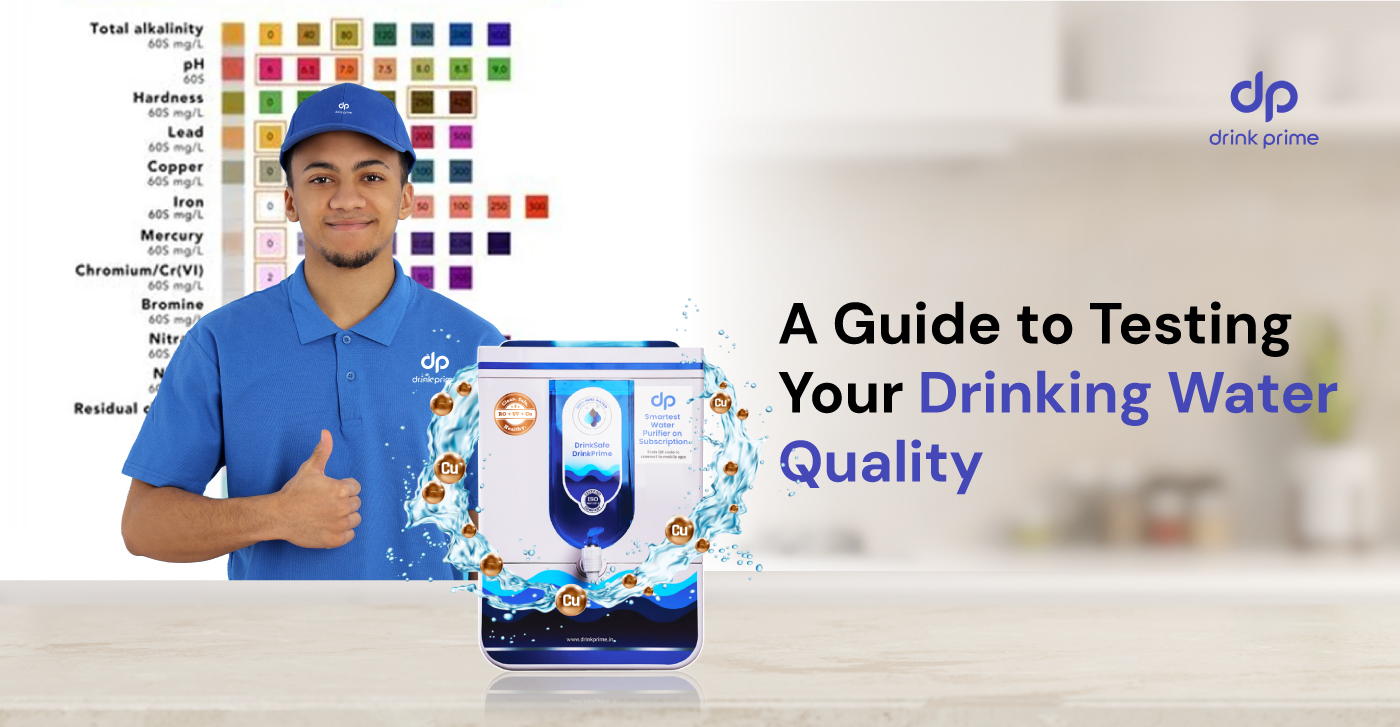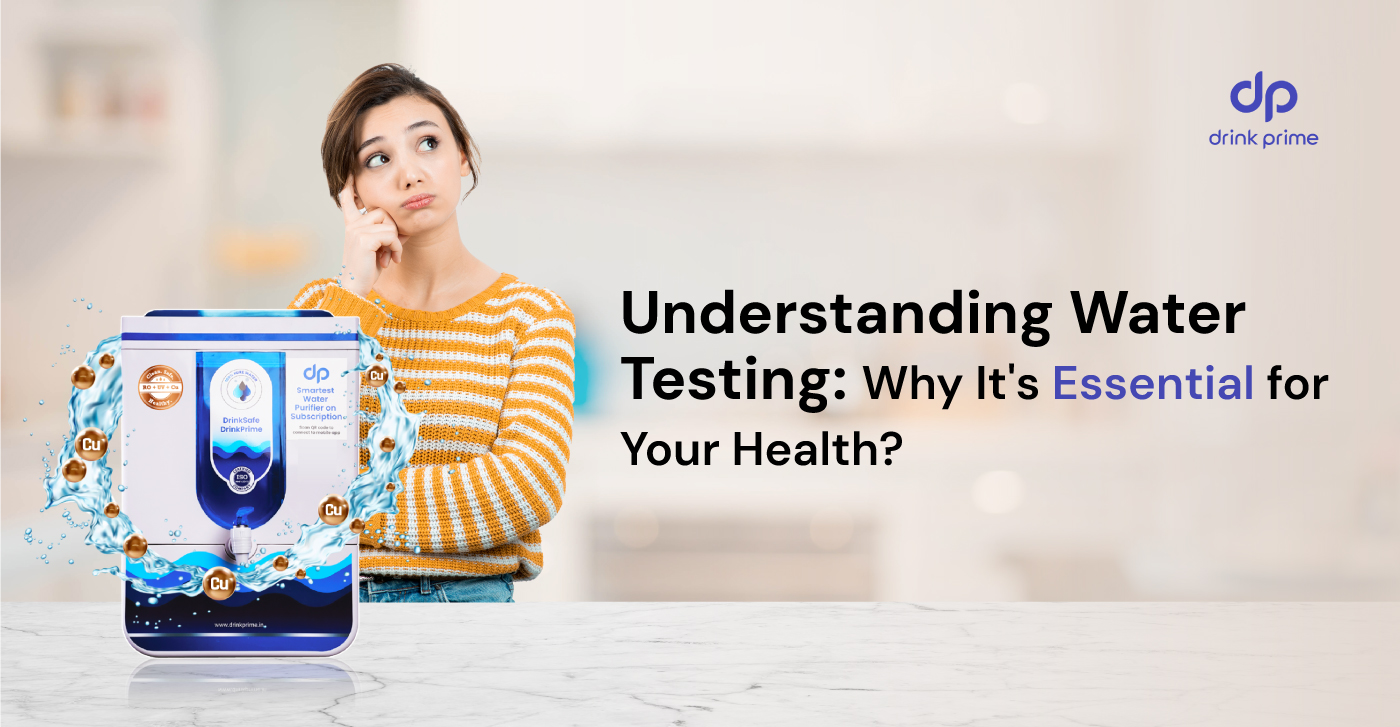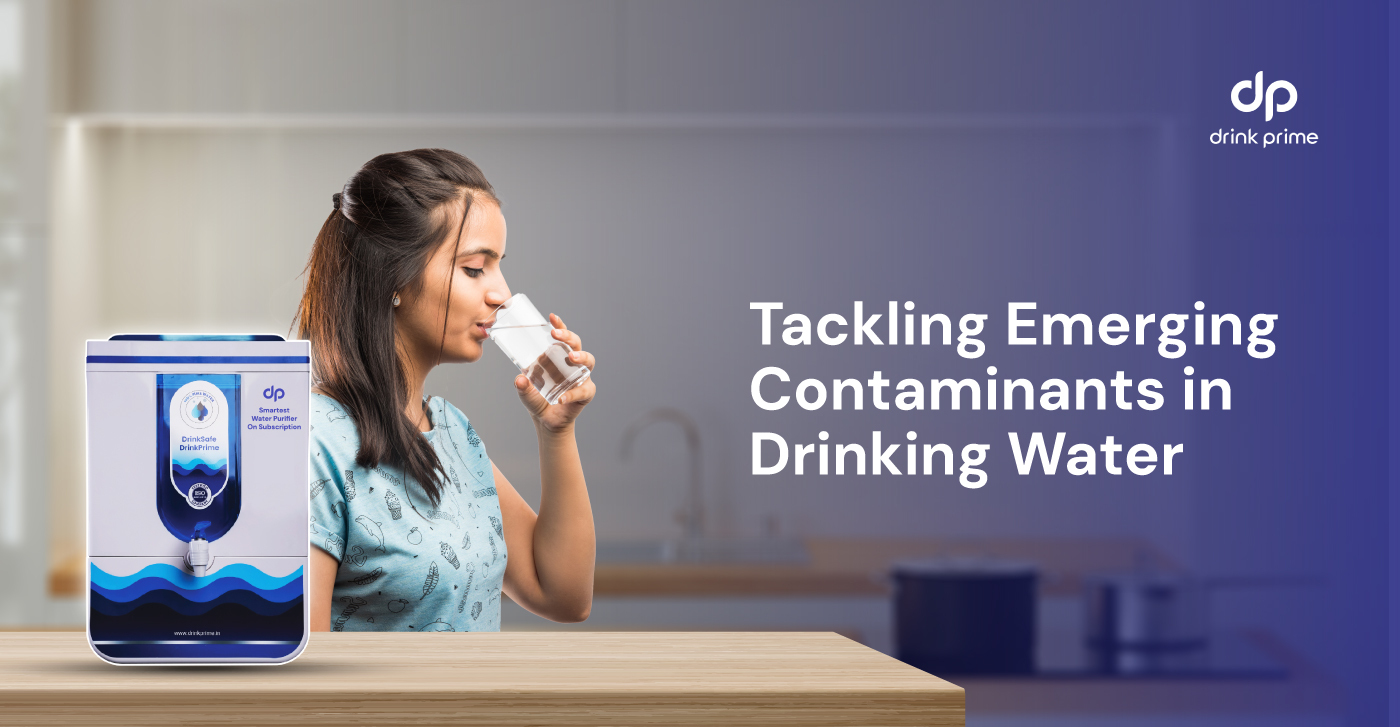While it is common knowledge that water, the elixir of life, is an indispensable element in your daily life, you might not have given much thought to the type of water that may be available to you. In fact, the water that you may be using to bathe, brush your teeth and even drink may be vastly different from your friend who lives across the city. It is in recent times that the type of water available began to gain so much importance. The water available to you can be hard or soft depending upon its mineral load. Here is a low-down on hard water vs soft water, the benefits, and ill effects of each and how the type of water that you use can affect you.
What is hard water?
Water on its journey from its source to your tap, can accumulate a plethora of particles including minerals which causes hardness, particularly calcium and magnesium. Water with a high content of such minerals is commonly known as hard water. Hard water may also have a high concentration of other minerals and contaminants like manganese, iron and zinc.
Hard water leaves traces throughout your home and it’s easy to identify if the water available to you is hard or soft. This is because the mineral build up in the hard water causes unsightly lime scales.
Benefits of hard water
1. Hard water can provide the drinker with essential minerals like calcium and magnesium which are necessary for bone health.
2. If plants are watered with hard water, it can help prevent mineral deficiencies in them, leading to healthy plants.
3. The taste of beverages like coffee and tea has been known to improve when prepared with hard water.
4. Hard water is relatively more inexpensive to source, and it does not require any treatment, like soft water.
5. Hard water can also prevent elements like copper or lead from leaching into water used for drinking, from pipes.
Disadvantages of hard water
1. When you bathe with hard water, it can strip off the skin’s natural oils, alter its PH levels and may leave it vulnerable to infections. It can also leave mineral build up on the skin.
2. You may experience hair fall after washing with hard water and it may leave you with an itchy scalp. Skin conditions like eczema may aggravate when exposed to hard water frequently.

3. It may also damage appliances like dish water, washing machine, water heaters etc., leading to costly repairs frequently. The minerals in hard water can leave behind sediments that can clog the pipes and valves leading to damages. Water dependent machines in your homes may have a shorter life span, if exposed to hard water consistently.
4. Hard water which collects on faucets, shower heads or utensils washed with it, evaporates leaving behind sediment build up. This not only looks unsightly, but also makes you expend a lot of energy and time on its removal.
5. Though drinking hard water is considered relatively safe it may pose a problem for people prone to kidney stones as regular consumption is shown to cause a significant increase in urinary calcium concentration.
Related Reading: Impact of Hard Water on RO Water Purifiers and How to Prevent it.
What is soft water?
Water that has low concentration of minerals like calcium and magnesium is known as soft water. Naturally occurring soft water is usually formed in river basins created by rocks which are calcium deficient. Hard water can be converted into soft water using a water softener. Since the minerals have been removed from the water, soft water feels smooth to touch.
Benefits of soft water
1. With its low mineral concentration, soft water ensures that your soap and shampoo work effectively leaving behind lesser scums due to its low calcium deposits.
2. When hard water minerals are removed, your appliances are saved from these minerals which causes sediment buildup which reduces their life span. The soft water allows your appliances to work to their full potential, ensuring lower energy consumption.
3. Soft water also helps to combat skin dryness, especially in cold seasons where humidity is low.
4. Soft water is better in terms of odor and taste so you can enjoy pure safe drinking water that tastes sweet as well.
5. With soft water your clothes come out of the wash without any mineral stains on them.
Disadvantages of soft water
1. The high sodium content in salt water may be detrimental for people with sodium related issues or those on a low sodium diet.
2. Soft water when used with too much of soap or shampoo may create a slimy effect due to lack of minerals.
3. Food boiled in soft water may sometimes create a sour taste which is unpalatable.
4. Soft water does not provide minerals like calcium and magnesium which is beneficial to the body like hard water.
Difference between hard water and soft water
Hard water | Soft water |
| High mineral deposits | Low concentration of minerals |
| Can cause mineral build up in appliances | Does not cause mineral build up |
| Leaves behind mineral deposits on crockery and faucets | Does not leave behind mineral deposits |
| Harder to lather soaps, leaves behind soap scums and makes laundry deer guts less effective | Lathers easily and requires less soap and makes laundry detergents effective |
| May cause kidney stones but provides essential minerals | High sodium levels may not suit people with sodium problem |
Get 7 Days Risk Free Trial
Conclusion

Drinking hard or soft water may not affect your health in any major way. The difference between hard water and soft water is more obvious in the damage that hard water can cause to your appliances and the ugly stains it leaves behind on all surfaces, from your faucets and crockery to your clothes. It also causes skin conditions and hair fall. Your best bet is to invest in a water purification system that softens water while removing contaminants and pathogens, thus ensuring you get access to pure, safe water.



